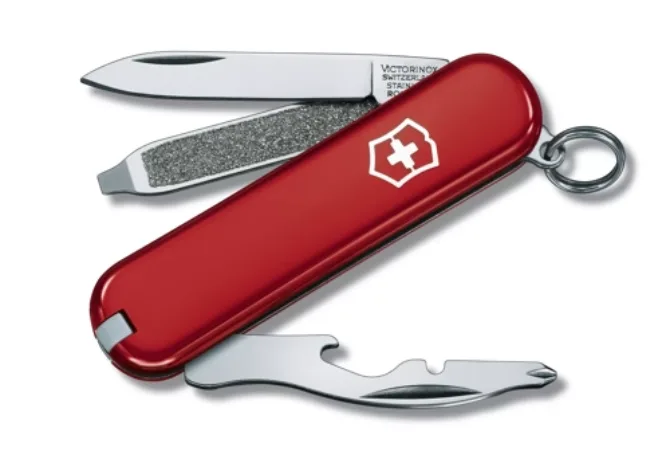
When a news reporter calls, don’t panic. Collect yourself and consider the call an opportunity to answer a question, clarify an issue or suggest a newsy topic.
Like any other call, find out who you are talking with and why the reporter is calling. In a crisis situation, you may already know the purpose of the call. That also may be true if you have issued a media statement or sent a press release. Whether you know or don’t know, it’s the best beginning to a productive conversation.
Even if you get a list of questions in advance, don’t assume there won’t be a question from left field or a pointed follow-up to a comment you make in the interview. Your preparation must be thorough, including anticipation of ambush questioning.
Professional reporters will disclose their affiliation and tell you why they are calling. If the request is straightforward, go ahead and answer the reporter’s questions. For example, if the reporter is calling to confirm a quote of yours in another publication, you can simply say yes or no and add context, if relevant and useful.
However, if you have any reservations about a potential response or don’t have the requested information at hand, politely ask the reporter about his or her deadline and promise to get back well before the deadline, if possible. If you need more time for a legitimate reason, explain the situation to the reporter. By all means, don’t try to stall. Good reporters can sniff out disingenuity.
When a reporter calls to follow up your story pitch, be ready to respond on the spot and willing to gather additional information the reporter requests. Reporters dislike being spoon-fed information, so show respect in how you respond by providing them with choices or offering links.
If the reporter seeks an interview, either with you or a principal in your organization, ask questions about timing, logistics and topics. In normal times, you would inquire about where an interview would take place. During the pandemic, most interviews are conducted via Zoom. Still, be precise in your questions so you or your boss know what you are getting into and can prepare. Even Zoom meetings can have meaningful backdrops.
Some reporters will agree to provide questions in advance; others won’t. Even if you get a list of questions, don’t assume there won’t be a question from left field or a pointed follow-up to a comment you make in the interview. Your preparation must be thorough, including anticipation of ambush questioning.
Interview preparation should include at least tabletop media training, and more intense training if the stakes are high and questioning expected to be intense. Identify your key message (not messages) and marshal your facts and data. Your mission in the interview will be to deliver your key message in convincing and quotable words or phrases. Media training helps sharpen your delivery and gives tips on how to avoid tangents, murky answers and lengthy explanations. Media training also can tone up your body language so it reinforces what you say.
Go into an interview with the mindset it is an opportunity, especially if the questioning is apt to be aggressive and adversarial. Your attitude can influence your word choices and your expressions.
It’s fine to ask when a story will air or be published. Depending on the nature of the story, some reporters will send you a link. It’s also proper interview etiquette to compliment a reporter for handling a complex subject well or a controversial one fairly, but don’t thank him or her for “going easy” on you.
Remember, reporters are doing their job, which sometimes requires tough questions. You need to recognize the role reporters play and respond accordingly. Reporters expect you to tell your story and offer up your facts. So, breathe deep when the call comes. It could be an opportunity if you turn it into one.




